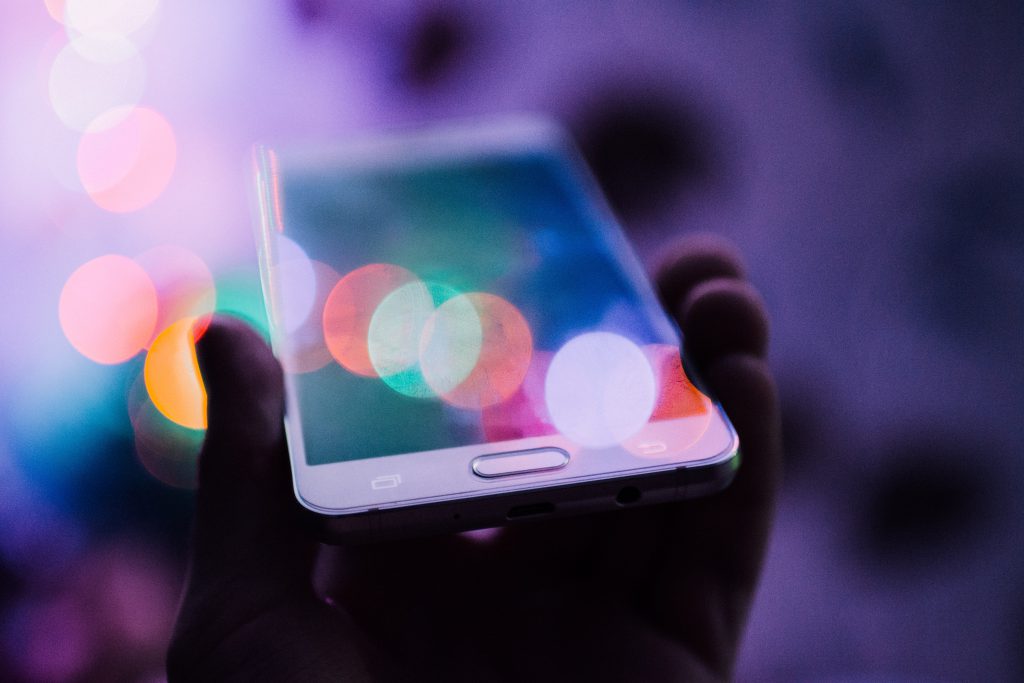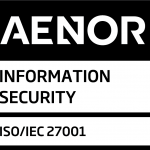When it comes to mobile, most DEM vendors do not provide the same level of monitoring that they do with Windows computers. Why?
With the new post-pandemic normal, employees began to extensively use not only laptops, but also company smartphones or even their own phone or tablet as a work tool. When it comes to these mobile devices, Digital Experience Monitoring providers fall far enough away from offering the same level of supervision and control that they offer with traditional laptops, as they face several hurdles.

The main one is that Google and Apple designed their operating systems and devices following different constraints and guidelines than Microsoft 30 years ago: security, privacy and energy saving have huge consequences for what a software vendor can or is allowed to do.
For example, not all apps are allowed to run 24/7 on a mobile device and tablet, and be able to constantly monitor the user experience. Android and iOS can automatically kill an app if it violates the required rules. Worse yet, some hardware vendors may have their own version of Android power saving mechanism and kill all background apps without notice except for a reduced list of predefined top-level vendors such as Facebook or Microsoft.
When it comes to mobile, most DEM providers only provide you with an SDK that you can use with your home made apps. Since the purpose of your app is most likely to give transactional access to business processes, that app will likely be killed if the user has not opened it on their device and the SDK will only provide behavioral information of your application. If the SDK collects other types of information about device behavior, it will only update once in a while – or never if your user doesn’t open your app.
Security and confidentiality are also a barrier to developing an effective mobile DEM: access to information on behavior is limited or even non-existent for developers of regular applications, and their access is subject to very strict validation rules from Apple and Google, more and more strict every day. This validation process is even more complex as it is performed automatically or by an unqualified human, and sometimes it is difficult to speak with someone to justify that you have full rights to access a specific feature of the operating system.
Microsoft Windows was designed, in the world of 1980 with almost no viruses, no adware, not to say no internet and therefore no information leakage, it’s easy to see why Android and iOS are so different when it comes to what you can and cannot do as a developer.
This is the kind of obstacle we had to overcome at Samoby to develop our DEM solution for Android and iOS.


